Overcoming Behavioral Addictions: Effects, Symptoms & Recovery Guide
GET HELP TODAY!
100% Confidentiality Guaranteed


About the Author
Mat Gorman
Mat Gorman is an experienced mental health writer and medical researcher with over a decade of experience in addiction recovery education. He specializes in translating complex clinical topics into clear, compassionate content that empowers families and individuals seeking treatment. Mat has collaborated with recovery centers, licensed therapists, and physicians to publish evidence-based resources across the behavioral health space. His passion for helping others began after witnessing the struggles of loved ones facing substance use disorder. He now uses his platform to promote hope, clarity, and long-term healing through accurate, stigma-free information.
Overcoming Behavioral Addictions Overview at a Glance
- What behavioral addictions are—and how they differ from substance use.
- The effects of behavioral addictions on mental health, relationships, finances, and legal status.
- How experts classify these conditions today (DSM‑5 vs. ICD‑11).
- A step‑by‑step, evidence‑informed plan to stop compulsive behaviors (with tools you can use right away).
Disclaimer: This page is educational and not a substitute for medical care. If you or someone you love is in crisis, call 988 in the U.S. or use local emergency services. For treatment navigation, see SAMHSA’sresources.
What Are Behavioral Addictions?
Behavioral addictions (also called process addictions) involve compulsive engagement in rewarding behaviors despite harm—common examples include gambling, gaming, social media/phone use, pornography/sex, shopping, and food‑related patterns. While no drug is ingested, these behaviors can stimulate the brain’s reward systems in ways that mirror substance addictions.
Clinically, there are two broad forms of addiction: substance and behavioral. Both can impair health, relationships, and functioning—and both are treatable.
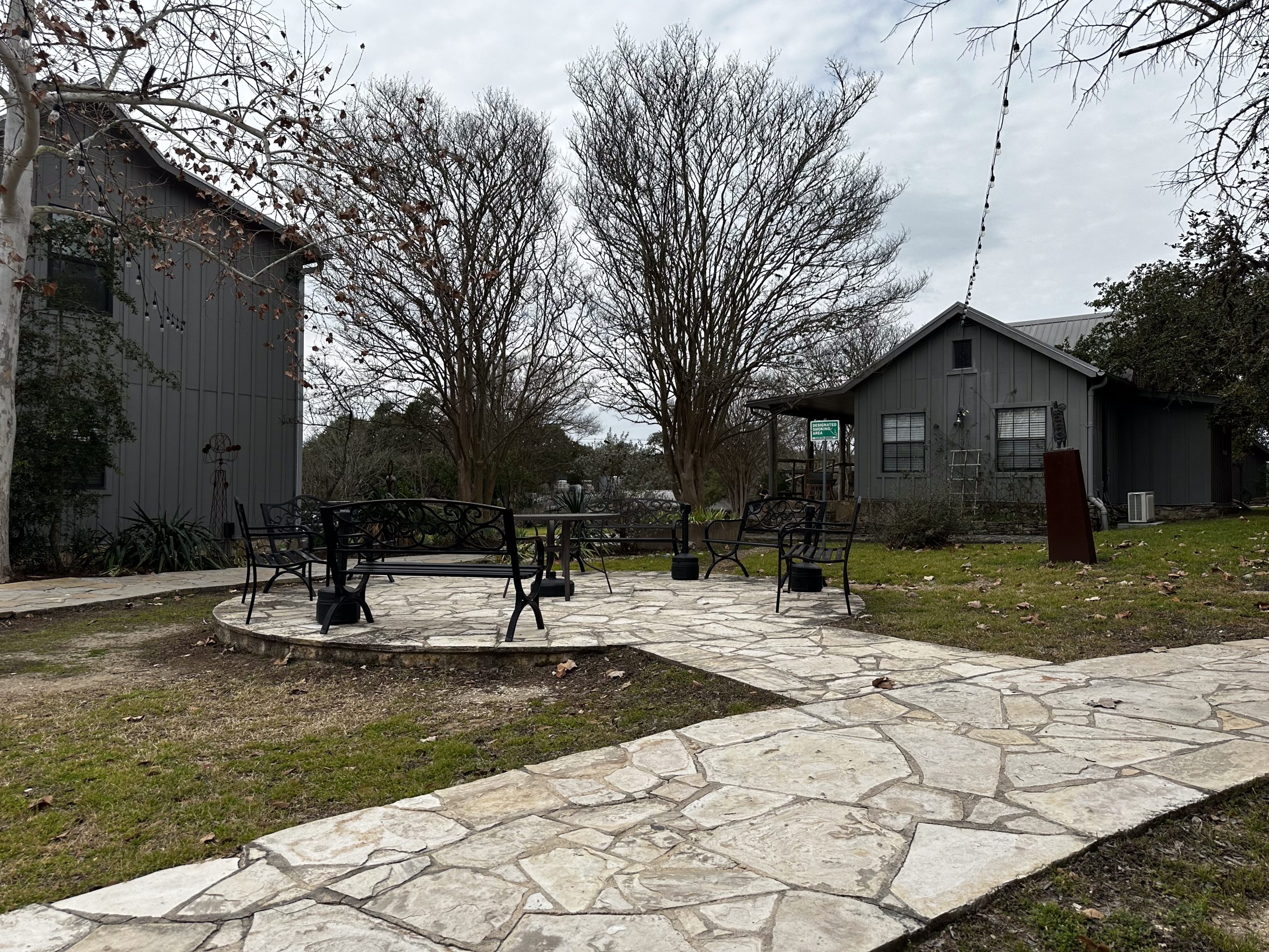

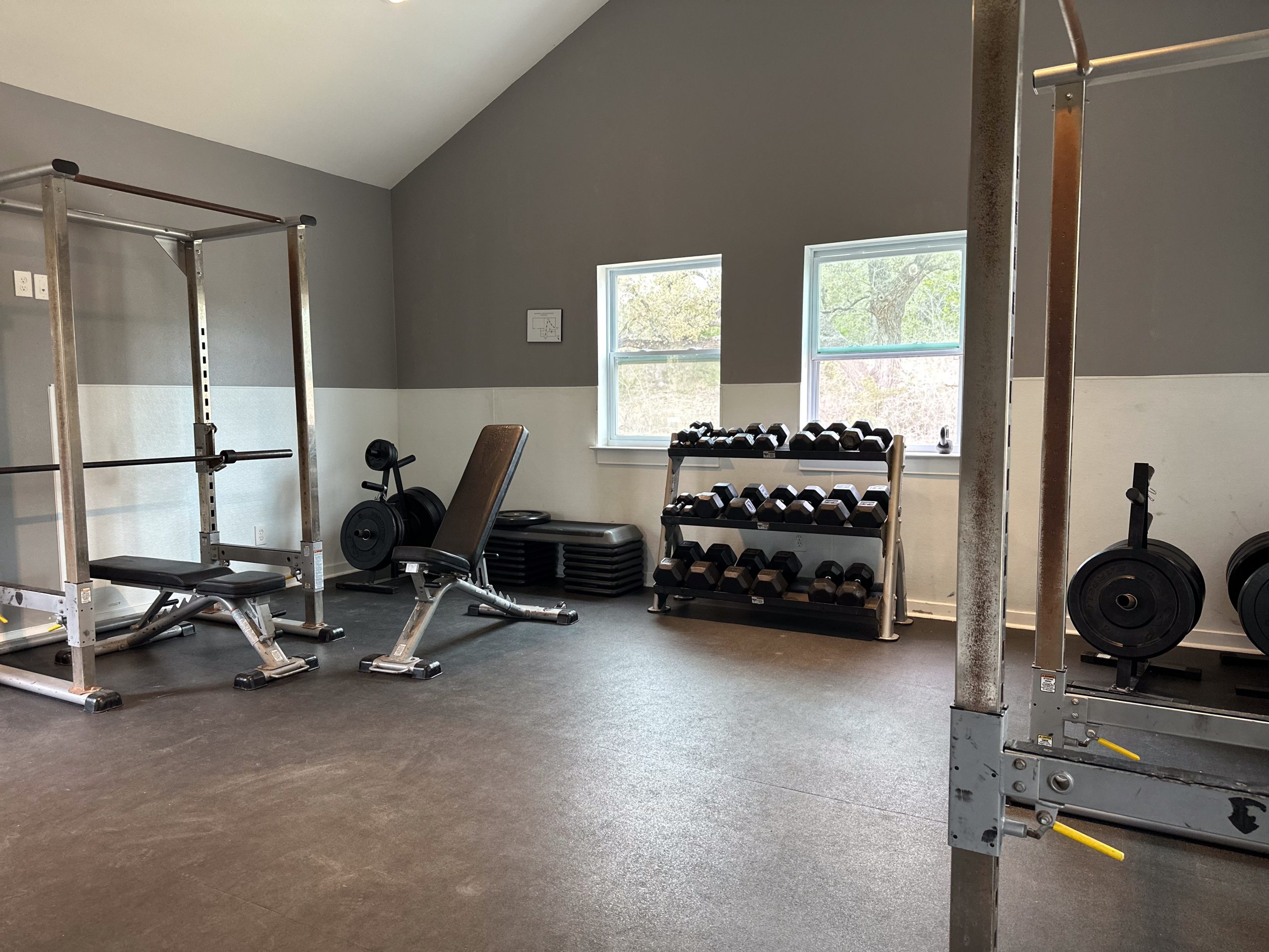
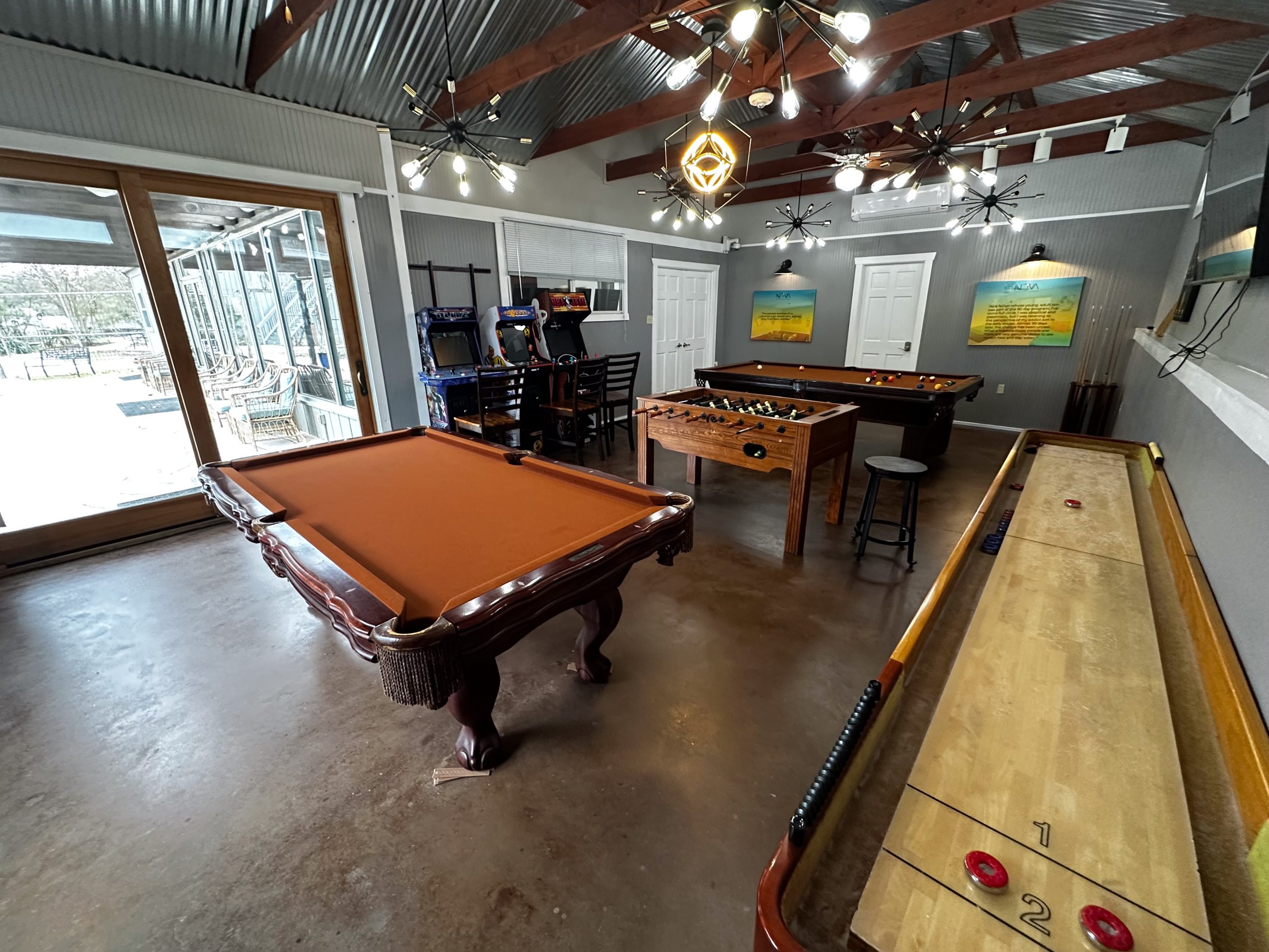
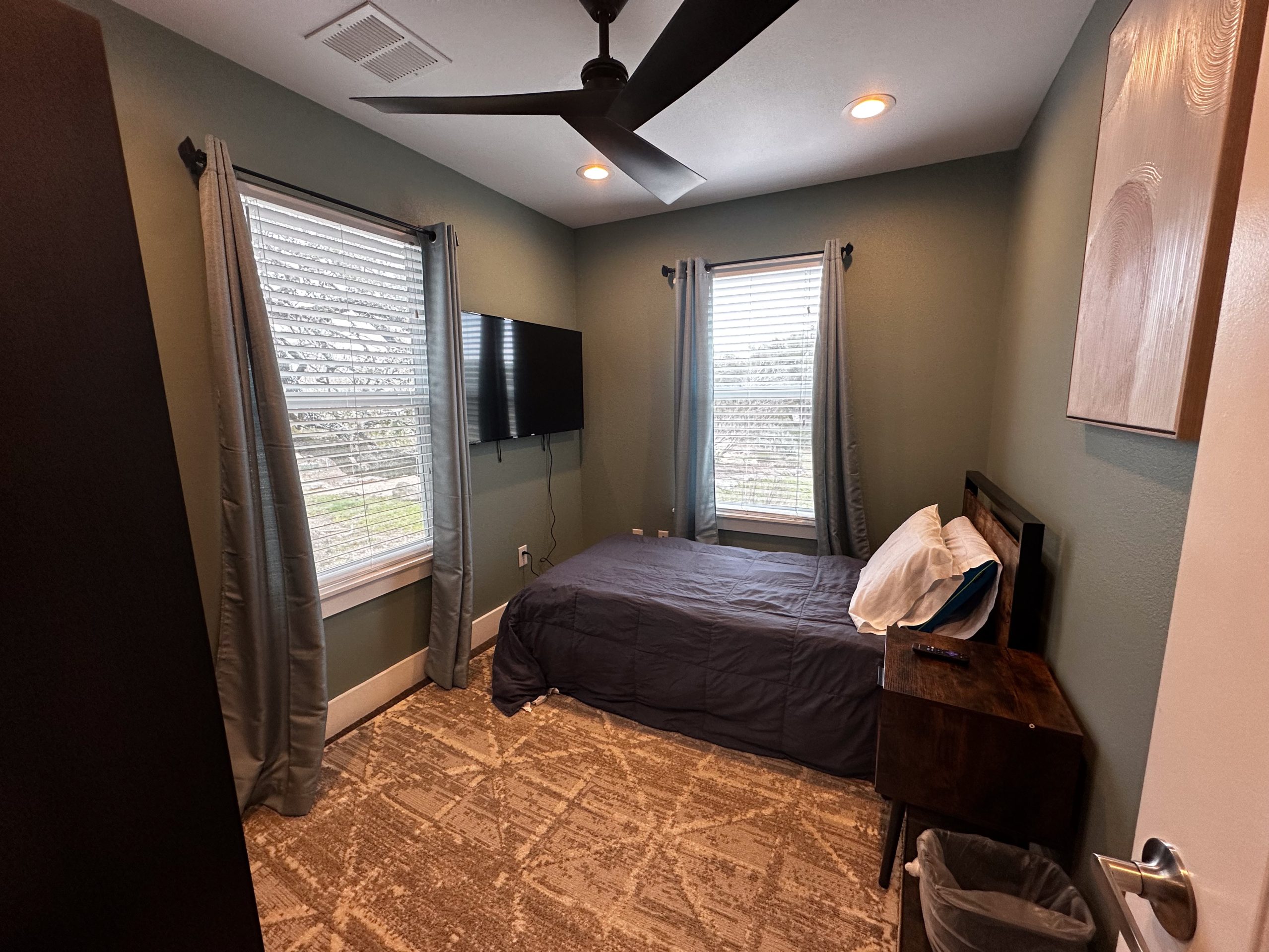





Are Behavioral Addictions “Official” Diagnoses?
- DSM‑5/DSM‑5‑TR (American Psychiatric Association):
- Gambling disorder is classified under “Substance‑Related and Addictive Disorders”—the only behavioral addiction formally recognized in DSM‑5.
- Internet Gaming Disorder (IGD) appears in Section III (“conditions for further study”), encouraging research but not a routine clinical diagnosis.
- ICD‑11 (World Health Organization):
- Gaming disorder is an official diagnosis defined by impaired control, prioritization of gaming over other activities, and continuation despite negative consequences.
Why this matters: Understanding where the field stands helps set expectations—some behaviors have clearer diagnostic pathways than others, but harm‑reduction and treatment are still viable regardless of labels.
The Effects of Behavioral Addictions
Short answer: They can touch nearly every part of life—mind, relationships, money, law, and health—similar to substance addictions.
Mental and Emotional Health
- Increased anxiety, depression, shame, mood swings, and cognitive fog from preoccupation or sleep debt (e.g., late‑night gaming or scrolling).
- Craving, loss of control, and compulsivity mark the cycle, reinforced by short‑term rewards and habit learning.
Relationships & Social Life
Secrecy, conflict, broken trust, and withdrawal from friends or partners; in families, cycles of co‑dependence or enabling can develop.
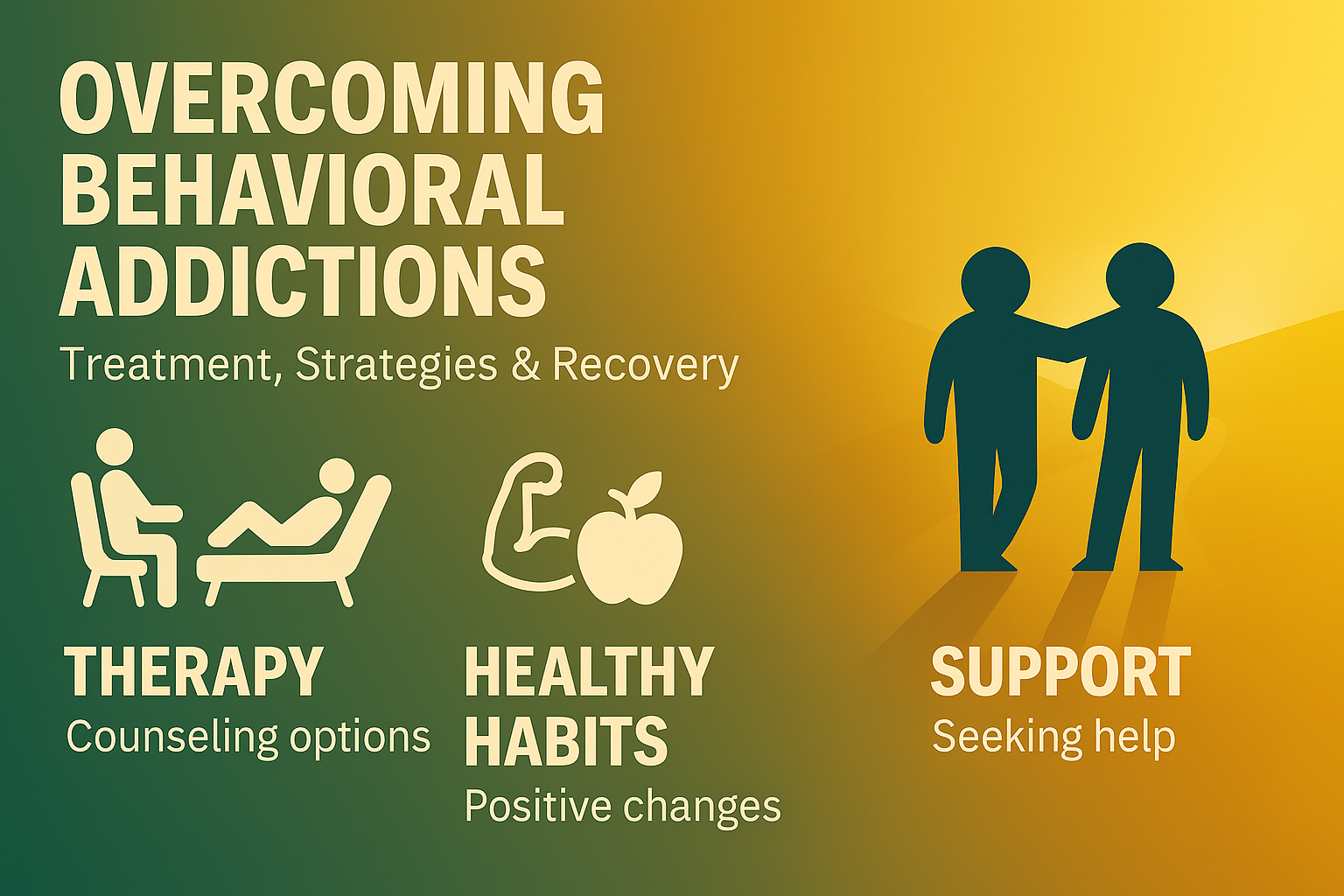
Financial, Academic & Work Impacts
Debt (gambling, shopping), lost productivity, missed deadlines, or absenteeism; students may see grades drop; adults may face disciplinary action at work.
Legal and Safety Consequences
Illegal downloads, privacy violations, or illegal betting, and in some cases legal action tied to financial losses or risky sexual behavior.
Physical Health
Sleep deprivation, sedentary time, eye strain, overuse injuries, and dietary impacts (screen‑time snacking); binge patterns in media use correlate with poor sleep and cardiometabolic risk markers.
Behavioral vs. Substance Addictions (Key Similarities & Differences)
Both forms engage the brain’s reward circuits and learning processes, leading to persistent behavior despite harm. The difference: no external substance is required in the behavioral case—the behavior itself (and the feelings it produces) is reinforcing.
Treatment principles overlap: motivation, cognitive‑behavioral change, relapse prevention, and social support. Medication has limited direct roles for behavioral addictions, though co‑occurring conditions (depression, anxiety, ADHD) often merit pharmacotherapy.
Common Types of Behavioral Addictions
Gambling Disorder
Characterized by preoccupation, tolerance (needing higher bets), chasing losses, and jeopardized relationships or finances; evidence‑based tools include cognitive‑behavioral therapy and self‑exclusion from casinos/apps.
Gaming Disorder / Video Game Addiction
Defined in ICD‑11 by impaired control, priority over other activities, and persistence despite harm; treatments center on CBT, family‑based approaches, and structured screen hygiene.
Internet / Social Media / Smartphone Addiction
Involves compulsive checking, hours lost, and withdrawal‑like irritability when unable to engage; management blends CBT skills, app‑level friction (timers, grayscale, blockers), and values‑based planning.
Pornography / Compulsive Sexual Behavior
Marked by loss of control, time‑consuming use, and distress/impairment; ICD‑11 recognizes Compulsive Sexual Behavior Disorder (as an impulse‑control disorder). Effective supports include CBT, group therapy, and values‑driven relapse prevention.
Shopping / Compulsive Buying
Cycles of urge → purchase → short relief → guilt/debt; interventions: urge surfing, budget auto‑rules, and accountability with CBT principles.
Food and “Sugar” Addictions / Binge Patterns
While terminology is debated, many people experience compulsive overeating with loss of control; skills include stimulus control, planned eating windows, urge management, and professional support when an eating disorder is present.
Work, Exercise, and Other Rewarding Routines
High‑frequency behaviors become problematic when health, relationships, or obligations suffer; learning to right‑size intensity and insert recovery time can be transformative.
More Time. More Joy. More You. Start Now.
WE ACCEPT MOST INSURANCES







Signs & Symptoms
- Preoccupation with the behavior; cravings when not engaging.
- Failed attempts to cut back; loss of control once started.
- Tolerance (needing more for the same effect) and withdrawal‑like irritability, restlessness, or low mood.
- Continuing despite harm (conflict, debt, missed work, health issues).
These are the same organizing features clinicians watch for when screening behavioral addictions.
What Causes Behavioral Addictions?
No single cause—rather a convergence of brain, person, and environment:
Brain Reward Learning
Behaviors that deliver fast, variable rewards (e.g., loot boxes, scrolling novelty, near‑misses in gambling) strengthen habit loops via the same reward circuitry implicated in substance addiction.
Personal Risk Factors
Impulsivity, ADHD, anxiety/depression, trauma history, and social isolation can increase risk—especially when behaviors offer relief or identity.
Environmental Design
High‑friction worlds (casinos, endless feeds, on‑demand adult content, one‑click shopping) amplify cues and reduce stopping points.
How to Overcome a Behavioral Addiction (Step‑by‑Step)
The following 10‑step plan integrates CBT principles, motivational interviewing, and harm‑reduction. Adapt to your behavior type and context.
- Name the pattern and the pain points. Write down what happens, how often, and the costs (sleep, money, mood, trust).
- Pick a specific, testable goal. “No gambling apps on phone” or “scroll only 30 minutes/day at 8:00–8:30 p.m.” beats “cut back.”
- Map triggers → routines → rewards. Note when/where urges spike (time, place, emotion, cue).
- Insert friction where it counts.
- Gambling: enroll in self‑exclusion programs (casino or app level); add bank blocks to gambling merchant codes. Evidence shows self‑exclusion reduces gambling involvement and improves well‑being for many.
- Gaming/social/phone: enable downtime, app limits, grayscale, or site blockers; keep devices out of the bedroom.
- Porn: block sites on all devices and replace with pre‑planned, values‑consistent activities at your usual usage times.
- Practice craving skills.
- Urge surfing: ride the urge like a wave for 10–20 minutes without acting.
- Delay‑distract‑decide: wait 10 minutes → do a neutral task → revisit the choice.
- Rewrite thinking traps (CBT). Challenge “I’ve already blown it today” with “One slip ≠ relapse; the next choice matters.”
- Replace, don’t just remove. Schedule competing, rewarding activities (exercise, social time, meaningful work) during high‑risk windows.
- Add accountability. Tell one trusted person; consider group support (e.g., Gamblers Anonymous, SMART Recovery, or clinician‑led groups).
- Track wins & lapses. Use a paper log or app; reward streaks with non‑triggering treats.
- Plan for setbacks. Expect slips; pre‑write a “slip script”: Call X, review triggers, do 10 minutes of urge surfing, reinstall blockers.
Freedom Starts Here. Take Back Your Life Today.
Same-Day Admissions in Austin Available.
Treatment Options That Work
Psychotherapies are the backbone of care:
- Cognitive‑Behavioral Therapy (CBT): Identifies triggers, restructures thinking, and builds coping routines; first‑line for gambling and helpful for gaming, porn/sex, social media, and shopping problems.
- Motivational Interviewing / MET: Boosts readiness to change; especially useful early or for ambivalence.
- Dialectical Behavior Therapy (DBT)/ACT: Emotion regulation and values‑based action—useful when urges are tied to strong affect.
- Family/couples therapy: Repairs trust, improves communication, and aligns boundaries.
- Group therapy & mutual‑help (e.g., GA, SMART): Reinforcement and shared strategies.
Digital & practical tools
- Self‑exclusion (gambling) and merchant category code blocks. Evidence suggests meaningful benefits for many users.
- Screen‑time governors, app blockers, and content filters for gaming/social/porn.
Medications?
There’s no universal medication for behavioral addictions themselves, but treating co‑occurring disorders (depression, anxiety, ADHD) can reduce vulnerability and improve outcomes. Work with a clinician.
Where to start: Ask your primary care clinician for a referral.
Tools & Tactics by Behavior
Gambling
- Immediate: Self‑exclusion; uninstall apps; call your bank to block gambling merchant codes.
- Therapy: CBT focusing on near‑miss beliefs and chasing losses; budgeting with accountability.
- Support: GA, state helplines, and state self‑exclusion portals (example public health page linked for context).
Gaming
- Immediate: Time‑boxed play, device‑free bedroom, parental controls; swap late‑night gaming for wind‑down routines.
- Therapy: CBT (stimulus control + graded reduction), family check‑ins, and sleep hygiene.
Social Media / Phone
- Immediate: App limits; no phone at meals/bedroom; grayscale mode to reduce reward salience.
- Therapy: CBT for FOMO, comparison thinking, and rumination.
Porn / CSBD
- Immediate: System‑wide blocking; schedule alternative activities at trigger times; remove private access in bedrooms.
- Therapy: CBT, values work (ACT), and group support.
Shopping / Compulsive Buying
- Immediate: Delete stored cards; email‑unsub; 24‑hour cool‑off before purchases; spend journal.
- Therapy: CBT for urge‑relief cycles and identity‑based spending.
Food / Binge Patterns
- Immediate: Regular, balanced meals; no‑trigger foods out of the house; set structured eating windows.
- Therapy: Evidence‑based eating‑disorder care when indicated; CBT tools for triggers and urge surfing.
When to Seek Professional Help
Reach out now if you notice loss of control, hiding/lying, harm to health/finances, or relationship breakdown—or if you simply can’t cut back on your own. National helplines and treatment locators can start you on a path tailored to your situation.
How Nova Recovery Center Treats Substance Abuse with Co-Occurring Behavioral Addictions
At Nova Recovery Center, we recognize that substance abuse often overlaps with behavioral addictions such as gambling, gaming, or compulsive internet use. When substance abuse is the primary diagnosis, our multidisciplinary team begins with a safe, medically supervised detox to stabilize clients and prepare them for deeper therapeutic work. From there, our residential rehab and outpatient treatment programs integrate evidence-based therapies like Cognitive Behavioral Therapy (CBT), Motivational Interviewing (MI), and relapse prevention strategies to target both substance use and co-occurring compulsive behaviors. Addressing behavioral addictions as a secondary diagnosis is crucial because untreated compulsive patterns can act as triggers that undermine sobriety. Our clinicians help clients identify connections between their substance use and behavioral habits, then teach practical coping skills to manage urges, restructure thought patterns, and build healthier routines. Group therapy and peer support create accountability while showing clients they are not alone in facing these challenges. Additionally, we emphasize holistic recovery—incorporating wellness activities, life skills training, and mindfulness practices to strengthen resilience. By treating both substance abuse and behavioral addictions together, Nova Recovery Center equips clients with the tools needed for long-term stability, improved relationships, and a more fulfilling life.
Frequently Asked Questions About Overcoming Behavioral Addictions and Substance Abuse
How do you get out of behavioral addiction?
Overcoming behavioral addiction involves identifying triggers, setting clear boundaries, practicing coping skills such as CBT, and seeking professional or peer support when needed.
What are the 5 C’s of addiction?
The 5 C’s—craving, compulsion, control loss, continued use despite harm, and consequences—apply to both substance and behavioral addictions.
What are some of the hardest addictions to overcome?
Substance abuse disorders, gambling, pornography, and gaming addictions are considered among the hardest due to their strong psychological and neurological reinforcement.
How long does it take to get over a behavioral addiction?
Recovery timelines vary, but with consistent treatment and support, meaningful progress can often be seen within a few months, with continued effort needed for long-term recovery.
What are the effects of behavioral addiction?
They can cause anxiety, depression, relationship strain, financial problems, legal consequences, and diminished quality of life.
What are the 5 behavioral addictions?
The most commonly recognized include gambling, gaming, internet/social media, pornography/sex, and shopping addictions.
What is the impact factor of addictive behaviors?
Addictive behaviors disrupt mental health, impair decision-making, and reduce social and occupational functioning, often leading to cycles of relapse.
What are the disadvantages of behavioral addiction?
Consequences include poor academic or work performance, financial stress, damaged relationships, and increased risk of co-occurring substance abuse.
What is meant by substance abuse?
Substance abuse refers to harmful or hazardous use of alcohol, prescription medications, or illicit drugs that negatively affect health and daily functioning.
How to deal with substance abuse?
Effective approaches include medical detox, evidence-based therapies like CBT, structured rehab programs, support groups, and ongoing relapse prevention strategies.
Other Outpatient Drug and Alcohol Rehab Locations
Medical Disclaimer
The information on this page is provided for educational purposes only and should not be used as a substitute for professional medical advice, diagnosis, or treatment. Behavioral addictions and related conditions should be evaluated and managed by a qualified healthcare provider. Do not attempt to self-diagnose or self-treat without professional guidance. If you are experiencing severe distress, thoughts of self-harm, or a mental health crisis, call 911 in the United States or seek immediate emergency care. For confidential support, you can also dial 988 to connect with the Suicide & Crisis Lifeline, available 24/7.
Nova Recovery Center Editorial Guidelines
By instituting a policy, we create a standardized approach to how we create, verify, and distribute all content and resources we produce. An editorial policy helps us ensure that any material our writing and clinical team create, both online and in print, meets or exceeds our standards of integrity and accuracy. Our goal is to demonstrate our commitment to education and patient support by creating valuable resources within our realm of expertise, verifying them for accuracy, and providing relevant, respectful, and insightful data to our clients and families.
- Alavi, S. S., et al. “Behavioral Addiction versus Substance Addiction.” Iranian Journal of Psychiatry, vol. 7, no. 1, 2012, https://www.ncbi.nlm.nih.gov/pmc/articles/PMC3354400/. Accessed 19 Sept. 2025.
- Billieux, J., et al. “Rationale for and Usefulness of the Inclusion of Gaming Disorder in ICD-11.” Journal of Behavioral Addictions, 2021, https://www.ncbi.nlm.nih.gov/pmc/articles/PMC9024213/. Accessed 19 Sept. 2025.
- Borges, G., et al. “Gaming Disorder in DSM-5 and ICD-11.” Addictive Behaviors Reports, 2020, https://www.ncbi.nlm.nih.gov/pmc/articles/PMC8683619/. Accessed 19 Sept. 2025.
- Cleveland Clinic. “Addiction: What It Is, Causes, Symptoms, Types & Treatment.” Cleveland Clinic, 2023, https://my.clevelandclinic.org/health/diseases/6403-addiction. Accessed 19 Sept. 2025.
- Gainsbury, Sally M. “Review of Self-Exclusion from Gambling Venues as an Intervention for Problem Gambling.” Journal of Gambling Studies, 2014, https://www.ncbi.nlm.nih.gov/pmc/articles/PMC4268287/. Accessed 19 Sept. 2025.
- Grant, Jon E., and Marc N. Potenza. “Introduction to Behavioral Addictions.” The American Journal of Drug and Alcohol Abuse, 2010, https://www.ncbi.nlm.nih.gov/pmc/articles/PMC3164585/. Accessed 19 Sept. 2025.
- Verywell Health. Pugle, Michelle. “Behavioral Addiction: Signs, Types, and Treatment.” Verywell Health, 1 Aug. 2024, https://www.verywellhealth.com/behavioral-addiction-8708300. Accessed 19 Sept. 2025.
- World Health Organization. “Addictive Behaviours: Gaming Disorder (Q&A).” World Health Organization, 22 Oct. 2020, https://www.who.int/news-room/questions-and-answers/item/addictive-behaviours-gaming-disorder. Accessed 19 Sept. 2025.
- World Health Organization. “Gaming Disorder (ICD-11 FAQ).” World Health Organization, n.d., https://www.who.int/health-topics/gaming-disorder. Accessed 19 Sept. 2025.
- American Psychiatric Association. “Internet Gaming in DSM-5.” American Psychiatric Association, n.d., https://www.psychiatry.org/patients-families/internet-gaming. Accessed 19 Sept. 2025.
- American Psychiatric Association. “Internet Gaming Disorder (Section III Fact Sheet).” APA, 2013, https://www.psychiatry.org/File%20Library/Psychiatrists/Practice/DSM/APA_DSM-5-Internet-Gaming-Disorder.pdf. Accessed 19 Sept. 2025.
- Yakovenko, Ilya, et al. “Effectiveness of a Voluntary Casino Self-Exclusion Online Intervention.” Journal of Behavioral Addictions, 2021, https://www.sciencedirect.com/science/article/pii/S2214782921000101. Accessed 19 Sept. 2025.
- Verywell Health. “Binge-Watching and Your Health.” Verywell Health, n.d., https://www.verywellhealth.com/binge-watching-4769269. Accessed 19 Sept. 2025.

